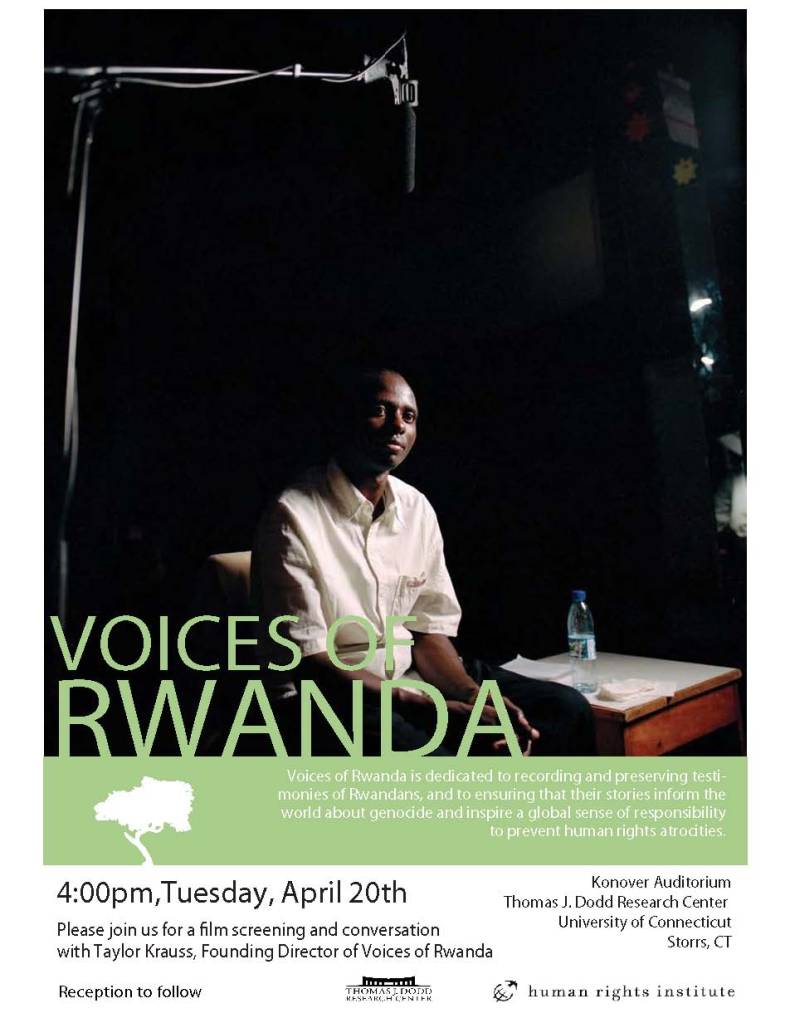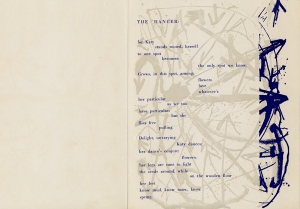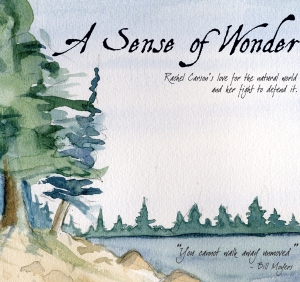Please join the Human Rights Institute, the Thomas J. Dodd Research Center, and the Center for Latin American and Caribbean Studies for the opening film of the Human Rights in the Americas Film Series.
Film: “Children of Shadows”
Directed by Karen Kramer
Wednesday, September 15, 2010
4:00 pm, Konover Auditorium
Filmmaker Karen Kramer, who has recently returned from Haiti, will join us for a Q & A and reception following the film, moderated by Samuel Martinez, Associate Professor of Anthropology at UConn.
In Haiti, many parents are forced by destitution and desperation to give away their children. The children, who may be as young as four years old, then go to live and work for other families as unpaid domestic servants, or slaves. They are known as “restavek” children. Children of Shadows follows the children as they go through their daily chores – the endless cycle of cooking, washing, sweeping, mopping, going to the market, or going to run errands. In heartbreaking interviews, the children speak openly and shyly about the lives they are forced to lead. Their “aunts” (adoptive caretakers) speak openly and proudly of the vast mountain of work that “their” restavek does for them. The camera goes deep into the countryside to interview the peasant families as to what kind of situation would force them to give away one or more of their children.
















